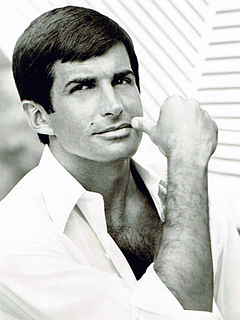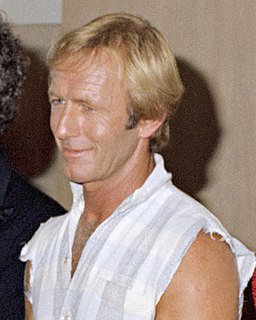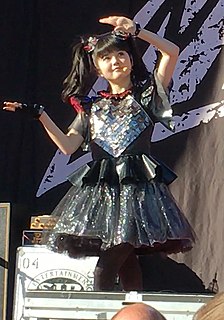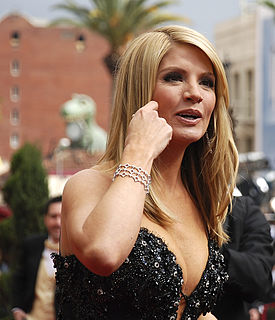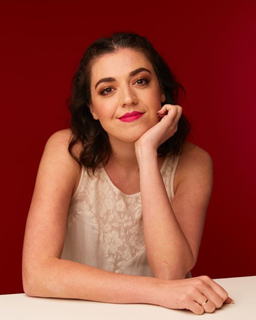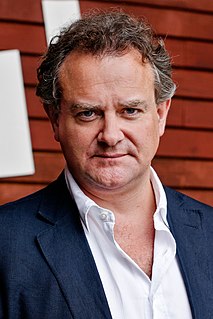A Quote by Robert De Niro
I think it's important to have had at least a few years of obscurity, where people treat you like everybody else.
Related Quotes
This was years ago, I think during the early [Ronald] Reagan years. I came up with a plan that everybody just pay $8.95 in taxes. Cheating would be allowed. But the incentive to cheat wouldn't be nearly as great if you only had to pay the $8.95. There were a few people who would have to pay hundreds of millions of dollars under this plan. I think it was Mark Goodson and Bill Todman, the guys who do the quiz shows. But almost everybody else would be off really cheap.
I have had a few rough patches in my life, but these last few years have been among the roughest. A few years ago, I left my job as host of the television show Extra. Our parting of ways was completely amicable; they were amazing to me. I had spent over a quarter of my life at that job, and without it, I felt like I had lost my compass. People didn't know how to introduce me anymore, because in L.A., you are your job.
The way we treat people we think can't help or hurt us - like housekeepers, waiters, and secretaries - tells more about our character than how we treat people we think are important. How we behave when we think no one is looking or when we don't think we will get caught more accurately portrays our character than what we say or do in service of our reputations.
My father passed away when I was pretty young. I was 7 years old, and I think when that happens, there are a variety of ways that a young person can react to that loss. I think, for me, it kind of put me in a perpetual state of feeling like something is wrong with me and like I didn't belong, or everybody else had things that I didn't have.
It's never happened to me before, in my career, and never will again. It's a one-off experience. It's a rare treat to have a cast together for six years. Crews come and go, and a few of them have been there throughout, but not many. It's rare, in my experience, after 26 years, to have had a proper company in a show that enjoys each other's company, and who is such a fine bunch of people and actors. To have struck a chord with people, and to have had that combination, is extremely rare.




